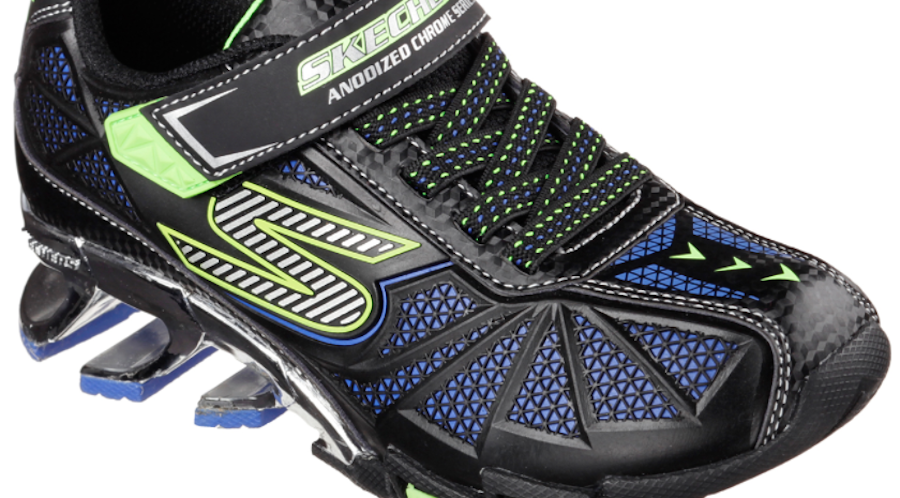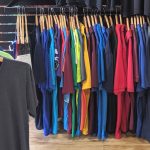Skechers USA Inc.. announced that in two separate rulings the United States District Court for the District of Oregon denied Adidas’ motion for a preliminary injunction seeking to prevent Skechers from selling its Mega-Blade series of children’s shoes, and dismissed Adidas’ claim against Skechers for willful infringement of two patents allegedly covering Adidas’ Springblade shoes.
In July 2016, Adidas sued Skechers in U.S. District Court of Oregon alleging that Skechers’ Mega-Blade series of children’s shoes infringed two separate Adidas patents covering the “leaf spring” sole for its Springblade shoe style. Adidas’ complaint also alleged that Skechers intentionally and willfully infringed both patents and sought enhanced damages. Adidas also moved for a preliminary injunction that same month seeking to prohibit Skechers, among other things, from selling the Mega-Blade shoes.
In denying Adidas’ motion for a preliminary injunction, the Court found that Adidas was unable to show that it is likely to win the case at trial, referring to a ruling in a related proceeding before the U.S. Patent Trial and Appeal Board (“PTAB”) where Skechers produced evidence that Adidas’ patents were invalid and convinced the PTAB to institute an inter partes review of the patents.
The Court stated that Adidas “cannot, at this time, show a likelihood of success on the merits” because “81 percent of [PTAB review proceedings] result in invalidation of at least some of the challenged claims, and 65 percent invalidated all of the challenged claims.”
Adidas also argued that the sale of the Mega-Blade shoes causes Adidas irreparable harm by having an adverse effect on the reputation, sales, pricing and market share of the Adidas Springblade model. The Court disagreed with Adidas, citing the complete absence of any evidence and stating, that “Adidas’ evidence of irreparable injury is too conclusory and speculative to meet Adidas’ burden for a preliminary injunction.”
In a separate ruling the same day, the Court dismissed Adidas’ claim for willful and intentional infringement against Skechers, stating that Adidas failed to plead any “facts from which the Court may draw the reasonable inference that [Skechers] knew of the patents-in-suit either when they issued or any time before [Adidas] filed this lawsuit. Thus, [Adidas’] allegations are insufficient to state a claim for willful infringement based on [Skechers’ conduct] before the lawsuit was filed.”
“The Court’s ruling inherently recognizes the weak and speculative nature of Adidas’ allegations against Skechers,” stated Michael Greenberg, president of Skechers. “As owners of a vast worldwide portfolio of trademarks, patents and copyrights, Skechers respects the intellectual property rights of other companies and has invested tremendous resources into building a brand identity by developing its own distinctive designs, not by copying others. We are pleased with both of the Court’s rulings.”
Skechers is represented in the matter by Daniel Petrocelli, Mark Samuels, Jeffrey Barker and Brian Berliner of O’Melveny & Myers LLP.
Photo courtesy Skechers
















